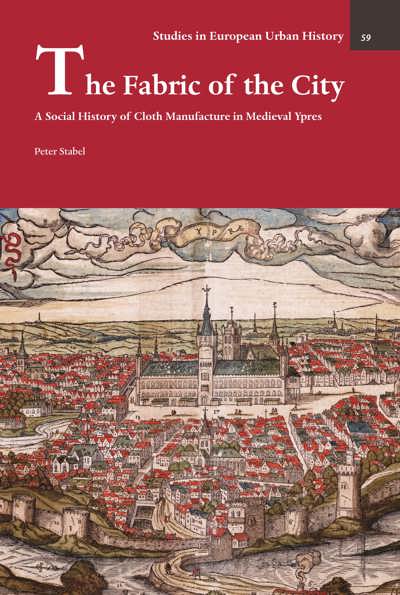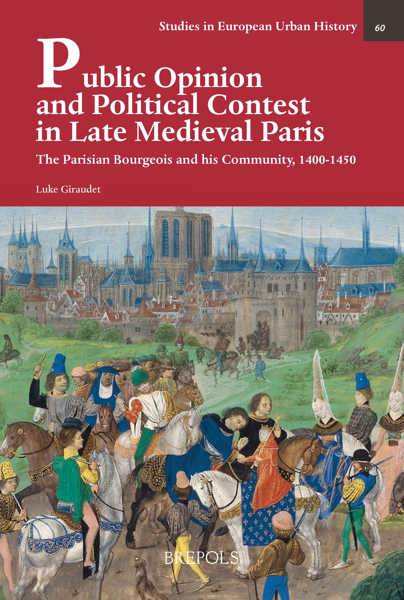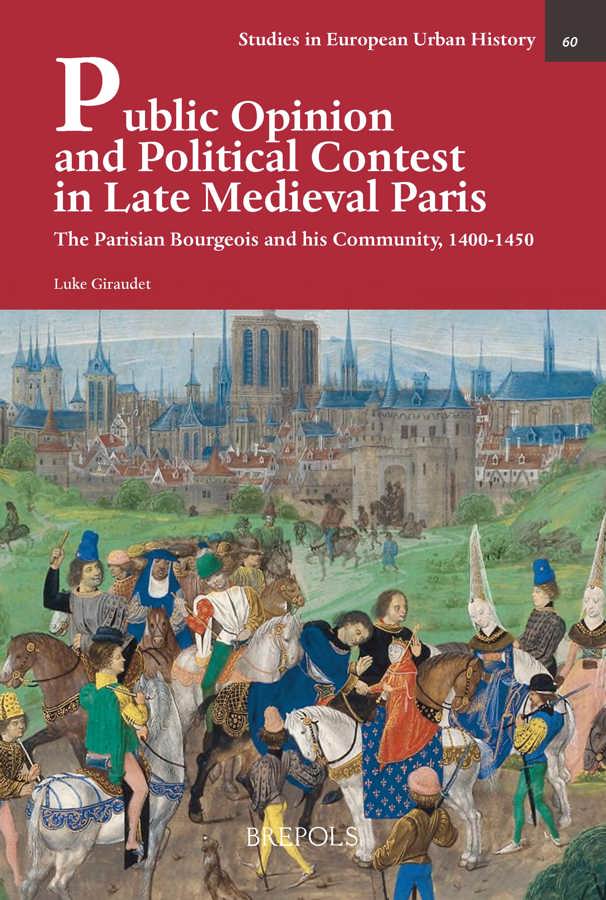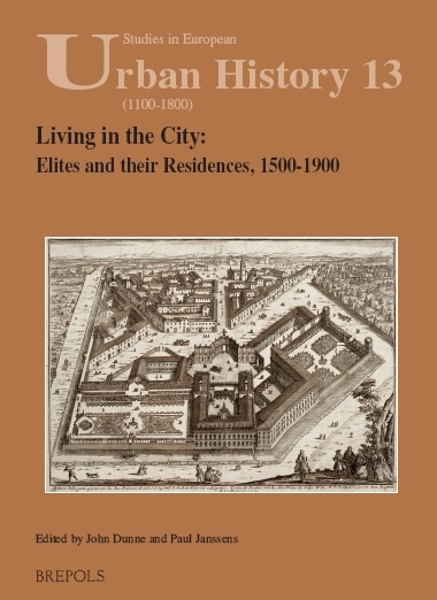
Public Opinion and Political Contest in Late Medieval Paris
The Parisian Bourgeois and his Community, 1400-50
Luke Giraudet
- Pages: 328 p.
- Size:178 x 254 mm
- Illustrations:8 b/w, 5 tables b/w., 2 maps b/w
- Language(s):English
- Publication Year:2023
- € 104,00 EXCL. VAT RETAIL PRICE
- ISBN: 978-2-503-59386-9
- Hardback
- Available
- € 104,00 EXCL. VAT RETAIL PRICE
- ISBN: 978-2-503-59387-6
- E-book
- Available
This book examines political communication in fifteenth-century Paris, revealing how the city’s inhabitants wrote about and engaged with rumour, urban ceremony and official media to assert their own stake in civic and national politics as a time of acute crisis for the French kingdom, thereby revealing the function of fluid opinion communities in late medieval urban society.
“Luke Giraudet (ist) eine über weite Strecken instruktive Untersuchung zur politischen Kultur in Paris in einer der dynamischsten Phasen seiner langen Geschichte gelungen.“ (Jörg Oberste, in Sehepunkte, 23, 7/8, 2023)
« L’ouvrage présente une contribution tout à fait importante à l’étude de l’opinion publique à la fin du Moyen Âge ainsi qu’un nouvel examen intéressant d’une source médiévale très bien connue. L’inclinaison politique de Bourgeois pour le parti bourguignon apparaît ainsi nuancée, bien loin d’un soutien monolithique à la présence anglaise à Paris. » (Pauline Spychala, dans Francia-Recensio, 1, 2024)
"Luke Giraudet’s Public Opinion and Political Contest in Late Medieval Paris is (...) an ambitious study that offers meaningful contributions to several overlapping historiographies, most notably the histories of late medieval French politics, medieval urban studies, premodern communication, and the history of public opinion alongside the 'public sphere.'" (Emily Hutchison, in The Medieval Review, 03/12/2024)
"...this is an important book, which deserves to be read not only by specialists but by historians of medieval France more generally." (Christian D. Liddy, in H-France Review, 24, 2024)
« Cet ouvrage renouvelle les études fondées sur le Journal d’un Bourgeois de Paris, nuançant et éclairant la position de l’auteur et son rôle dans l’opinion publique parisienne pendant la guerre civile et sous la domination anglaise. Luke Giraudet fournit ici un modèle d’analyse de la communication politique, à la fois moyen d’agir sur la foule et nécessaire discussion entre les différents acteurs de l’espace public. » (Adrien Ferré, dans Histoire Urbaine [en ligne], 02 décembre 2024)
"To the expert in the field, witness other reviews, it is an important and significant contribution to historiographical studies, especially the concept of public opinion and the medieval public sphere." (Livia Visser-Fuchs, in The Ricardian. Journal of the Richard III Society, 35, 2025, p. 132)
« Prise dans son ensemble, cette étude montre le chemin pour analyser des récits notamment urbains de la fin du Moyen Âge. Elle montre surtout comment la politique déborde la sphère étatique, la société nobiliaire et les élites ecclésiastiques pour intégrer de nouveaux publics qui sont autant des agents que des objets des affrontements politiques de leur époque. » (Christopher Fletcher, dans Le Moyen Âge, 131/1, 2025, p. 303)
Luke Giraudet received his PhD in Medieval Studies from the University of York before joining the Université Catholique de Louvain as a postdoctoral fellow on the Pardons project, examining the narratives of Burgundian and Habsburg remission letters. His research interests range from urban historiography and the production of journals in late-medieval Paris, to questions of state centralization and political contest as revealed by narrative and legal texts in medieval France and the Low Countries.
Public Opinion and Political Contest presents an important historiographical intervention regarding the emergence of larger political publics during the fifteenth century. The study analyses political interaction and public opinion in medieval Europe’s largest city through the lens of the only continuous narrative source compiled in Paris during the early fifteenth century, the well-known Journal d’un bourgeois de Paris. Examining one of the most turbulent periods in Paris’ history, which witnessed civil conflict and English occupation, the monograph contributes substantially to understandings of late medieval popular opinion conceptually and empirically, revealing Parisian groups bound by shared idioms and assumptions engaging with supralocal movements. Through an assessment of contemporary reactions to official communication, protest in public space, rumour and civic ceremony, the book presents a timely mirror to themes in flux today, addressing historiographical conclusions that have relegated premodern societies from considerations of the public sphere. As a result, this nuanced assessment of the Journal d’un bourgeois de Paris reveals how access to informational media and forums for discussion bound Parisians and framed a wider commentary upon political issues beyond the highest echelons of medieval society.




